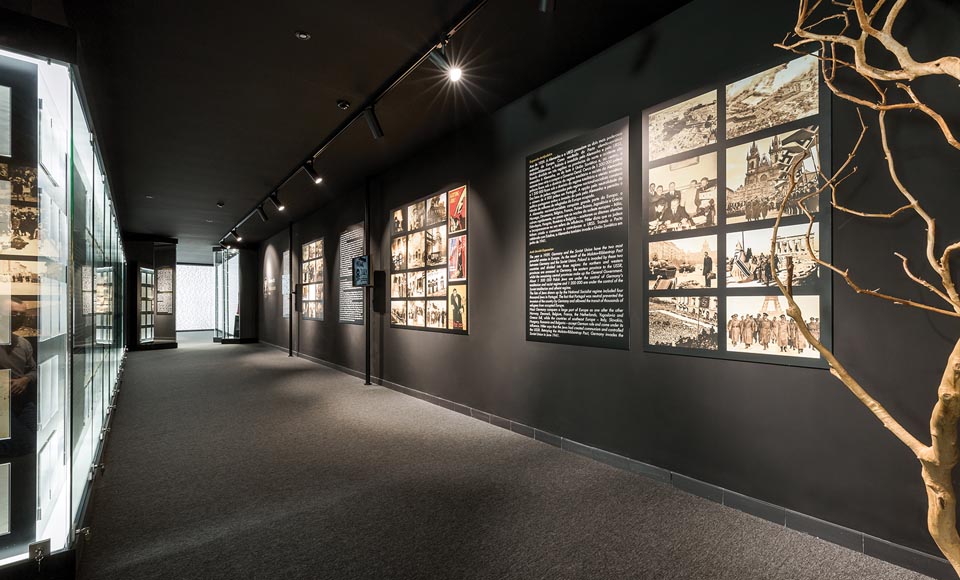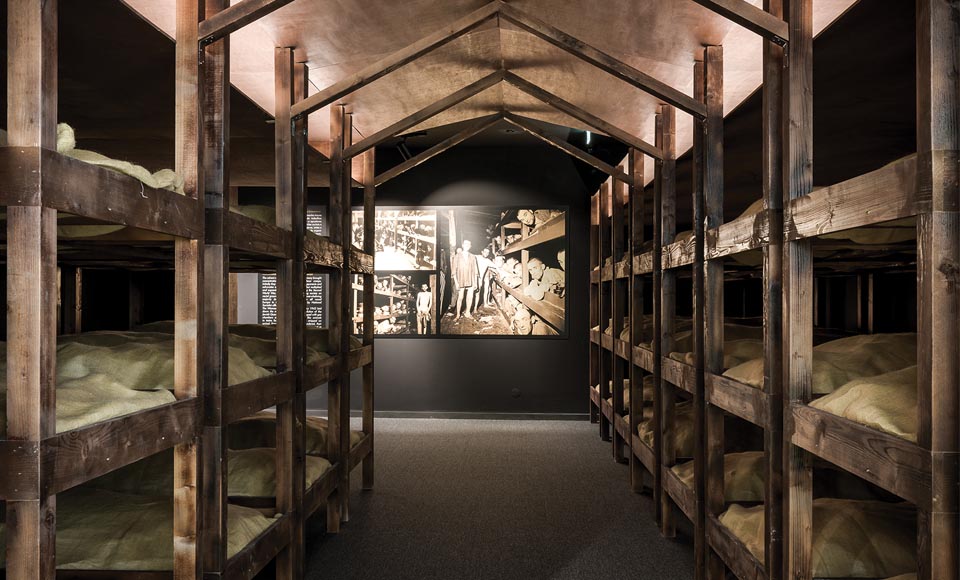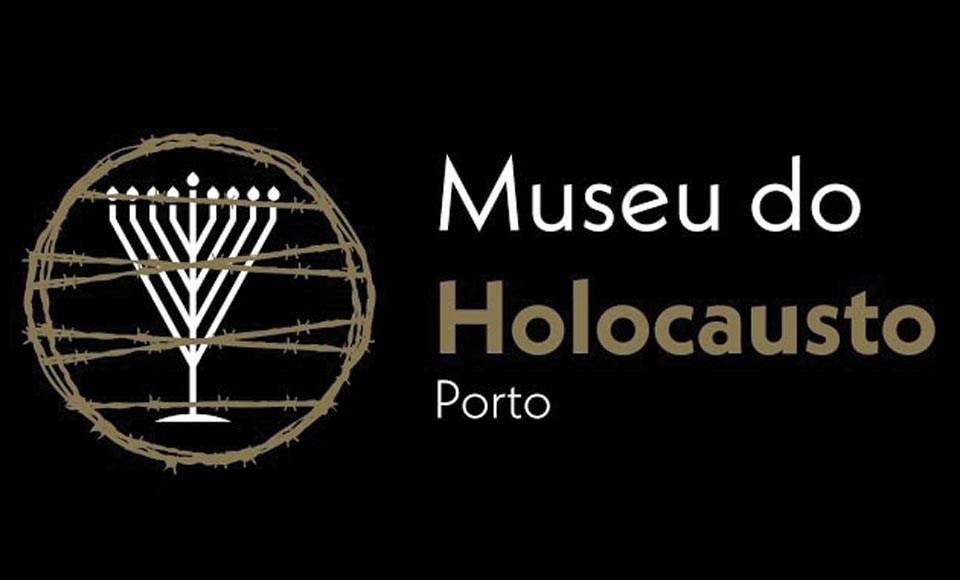Nelson Soares
The first Iberian museum dedicated to the theme of the Shoah has already welcomed over 30,000 visitors since its opening in April of this year. Hugo Vaz, curator of the Oporto Museum of the Holocaust, explained how the concept of this space of memories and the importance of “never repeating one of the darkest episodes in history”. In the meanwhile, the objective of affirming its position as a destination to visit has been achieved.


An Oporto museum on the holocaust – the genocide of Jews and others carried out by the Nazi regime – would seem a remote idea at the outset given the scarcity of any link between this city and that historical period. However, the around 500 active members of the Jewish Community of Oporto, the majority of whom are descendants of World War II refugees, perceived an opportunity for the legacy of their ancestors in “reaching out to the challenge launched by the government ‘Never Forget” project and maintain alive the memory of those events in Portugal. In addition, Hugo Vaz added, there was also the participation of Portugal in the International Alliance for the Memory of the Holocaust and thereby resulting in the first Iberian museum on this theme and which, the curator highlighted, shares “the documents and objects left behind by refugees in the Oporto Synagogue”, such as Sifrei Torá (roles of the Torah).
Inaugurated in April 2021, the Museum of the Holocaust divides into three stages of the Jewish community in Europe: before, during and after World War II. Symbolically, the areas vary in their decoration, ranging between greens and blacks in accordance with the gravity of the contents. The darkest phase understandably corresponds to the period of Nazi persecution and the concentration camps and executions. It is here, the museum director pointed out, there are the key Museum contents: “the reproduction of the entrance to one of the gas chambers in Auschwitz-Birkenau”, the largest Nazi concentration camp; “the individual files of refugees that passed through Oporto and the room of names, many of them family members of the Jewish Community of Oporto”.

THE REPRODUCTION OF THE ENTRANCE AND ONE OF THE GAS CHAMBERS IN AUSCHWITZ-BIRKENAU ARE KEY EXHIBITS IN THE MUSEUM OF THE HOLOCAUST
30,000 have already visited
The route that visitors take through the Museum follows a narrative sequence, contextualising the livelihoods, traditions and cultures of the Jewish people. This runs from a trajectory that, according to Hugo Vaz, seeks to “promote education and memory about the Holocaust”, halting time’s erosion of these events and raising the “awareness of visitors so that they, which is one of the darkest episodes in our history, never let this be repeated”. “Memories tend to dissipate and the theme begins to get rejected as has happened to a certain extent worldwide”, emphasised the curator.
In addition to the materials that are on permanent exhibition, the Museum of the Holocaust hosts other initiatives that are taking place that Hugo Vaz said stemmed from “partnerships with embassies such as those of the United States and Russia”. Temporary exhibitions or training programs as was the case last September for teachers with the specific objective of providing tools for the teaching of Jewish history and culture, are also frequently hosted by the institution.
Since its outset, the museum has already been visited by over 30,000 people. Hugo Vaz believes that “this makes it one of the most visited museums in Portugal”, assuming “without the shadow of a doubt” a leading role on the cultural map of Oporto and its surrounding region.
The Museum of the Holocaust is an initiative from the Jewish Community of Oporto, inspired on the museum with the same name located in Washington DC. The museum is open weekdays between 2.30pm and 5.30pm and closed both on weekends and Jewish holidays.







